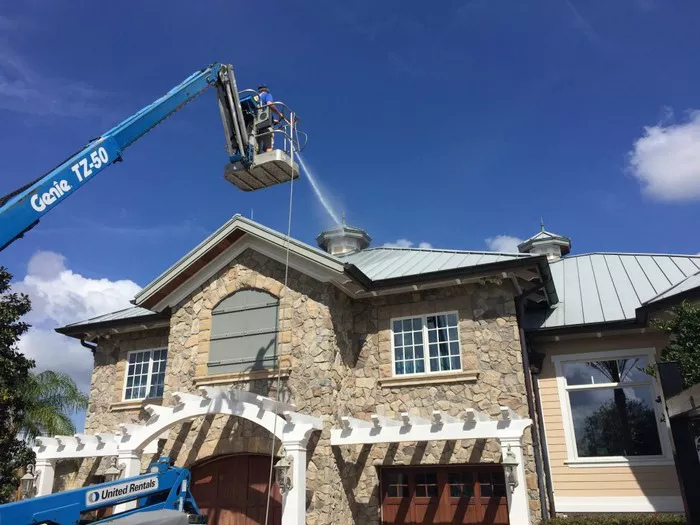Pressure washers have become indispensable tools for cleaning various surfaces, from driveways to industrial equipment. However, achieving optimal cleaning results hinges on understanding the appropriate water pressure required for your pressure washer. Too much pressure can damage surfaces, while too little might not effectively clean them. In this guide, we delve into the intricacies of water pressure requirements for pressure washers to help you make informed decisions.
Understanding Water Pressure
Water pressure, typically measured in pounds per square inch (PSI), refers to the force exerted by water against a surface. In the context of pressure washers, this force is instrumental in dislodging dirt, grime, and debris from surfaces. The ideal water pressure varies depending on the application and the surface being cleaned.
Determining Optimal Water Pressure
The appropriate water pressure for a pressure washer is determined by several factors, including the type of surface, the level of grime or dirt, and the nozzle being used. Here’s a breakdown of how these factors influence the optimal water pressure:
1. Surface Type: Different surfaces require different levels of water pressure. For example, concrete and brick surfaces can withstand higher pressures (typically 2500-3500 PSI) compared to delicate surfaces like wood or stucco, which may require lower pressures (1500-2000 PSI) to avoid damage.
2. Level of Dirt and Grime: The amount of dirt and grime on a surface influences the required water pressure. Stubborn stains or thick layers of grime may necessitate higher pressure settings, while lighter cleaning tasks may only require moderate pressure.
3. Nozzle Selection: Pressure washers come with a variety of nozzles, each producing a different spray pattern and pressure level. Choosing the appropriate nozzle is crucial for achieving the desired cleaning results without causing damage. Nozzle sizes are typically color-coded, with smaller nozzles (such as red or yellow) producing higher pressures and larger nozzles (such as green or white) producing lower pressures.
Recommended Water Pressure Ranges
While specific pressure requirements vary based on the factors mentioned above, here are some general guidelines:
1. Light-Duty Cleaning: For light-duty tasks such as washing cars or patio furniture, a pressure washer with a PSI range of 1500-2000 is suitable.
2. Medium-Duty Cleaning: Cleaning driveways, decks, or siding typically requires a pressure washer with a PSI range of 2000-2500.
3. Heavy-Duty Cleaning: Removing tough stains from concrete or stripping paint may necessitate a pressure washer with a PSI range of 2500-3500 or higher.
Conclusion
Achieving optimal cleaning results with a pressure washer hinges on understanding the appropriate water pressure for the task at hand. By considering factors such as surface type, level of dirt, and nozzle selection, you can determine the ideal water pressure range for your pressure washer. Remember to always start with the lowest pressure setting and gradually increase as needed to avoid causing damage to surfaces. With the right water pressure and technique, your pressure washer can effectively tackle even the toughest cleaning challenges.
FAQs
Q1: Can I adjust the water pressure on my pressure washer?
A1: Yes, most pressure washers allow you to adjust the water pressure by either changing the nozzle or adjusting the pressure regulator knob. It’s essential to consult your pressure washer’s manual to understand how to adjust the pressure settings safely.
Q2: What should I do if I’m unsure about the appropriate water pressure for a specific cleaning task?
A2: If you’re unsure about the optimal water pressure for a particular surface or cleaning task, it’s best to start with a lower pressure setting and gradually increase it as needed. Additionally, you can perform a small test area to assess the effectiveness of the pressure without risking damage to the entire surface.
Q3: Can using too much water pressure damage surfaces?
A3: Yes, using excessive water pressure can damage surfaces, especially delicate ones like wood or soft plastics. High-pressure streams can cause etching, gouging, or even structural damage to surfaces. It’s crucial to match the water pressure to the surface being cleaned to avoid costly damage.

